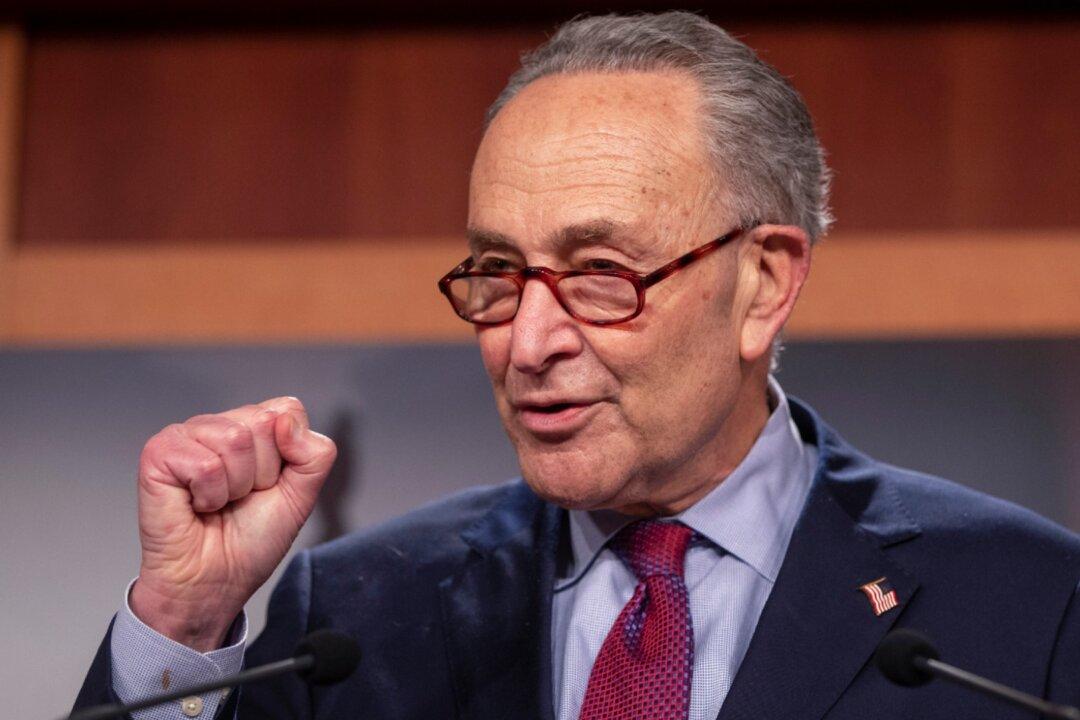Senate Majority Leader Chuck Schumer (D-N.Y.) said he will move ahead on Wednesday with the partisan process of reconciliation, which only requires 50 votes to pass the Democrats’ broad infrastructure package. He will be working with the Senate Budget Committee to push President Joe Biden’s American Jobs and Family Plans through the Senate with no GOP votes in July.
Schumer made the announcement Tuesday as the White House was still in negotiations with a group of bipartisan senators about a scaled-down infrastructure package.





